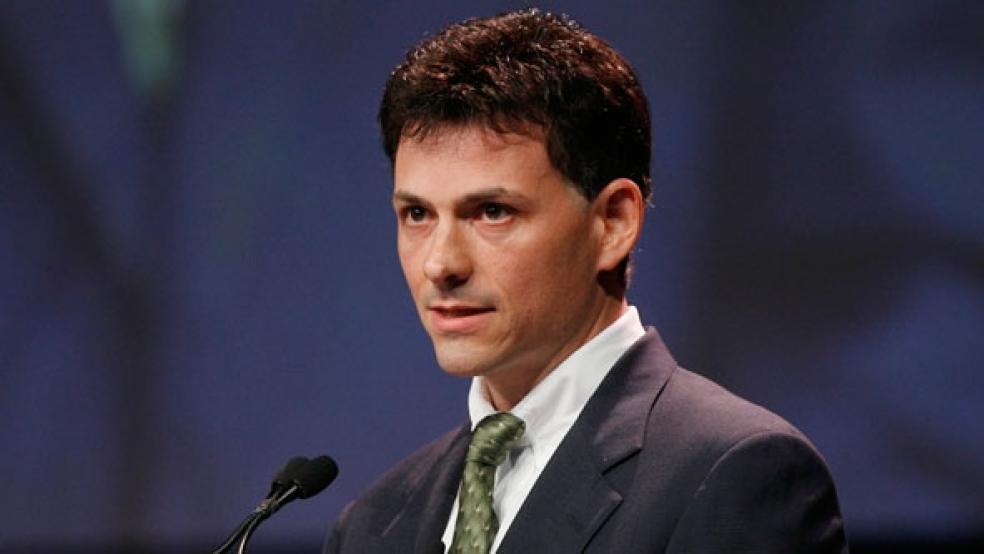While CEOs in corner offices nationwide may well consider the brief list of activist investors that follows to be a rogues’ gallery, anyone who dismisses these four as nothing but troublemakers is missing the point entirely.
Carl Icahn: One of the original agents provocateur of activist investing, Icahn made his name as a “corporate raider” back in the 1980s before venturing into the more nuanced world of the activists. His targets have included Texaco, Time Warner (NYSE: TWX) and Yahoo (NASDAQ: YHOO) and his personal fortune is estimated to be north of $14 billion. Right now, his investments include Chesapeake Energy (NYSE: CHK), which is struggling with troubled asset sales, low natural gas prices and the legacy of conflicts of interest involving former CEO Aubrey McClendon, and Netflix (NASDAQ: NFLX), the movie rental business working to recast itself in the digital streaming age.
Bill Ackman: Icahn believes Herbalife (NYSE: HLF) is a viable business; Ackman thinks it’s a pyramid scheme. The smackdown between the two titans made for great CNBC television, but Harvard MBA Ackman has earned kudos from his peers for his tenacity in chasing down the problems at the heart of muni bond insurance firm MBIA (NYSE: MBI). Like other activists, his conviction that he is right doesn’t always translate into bottom-line profits: He lost money on Target (NYSE: TGT) and is seeing big losses on his outsize position in J.C. Penney (NYSE: JCP).
Daniel Loeb: This verbose veteran of the activist wars has been quieter of late than he was in the 1990s, when he would file multi-page letters to corporate management teams with the SEC, laying out their alleged misdeeds and missteps one after another. More recently, his activism has been less public, but in restructuring companies like Delphi Automotive (NYSE: DLPH) it’s clear that the same basic principles – how a company can be run more efficiently and profitably – still guide him. More recently, he’s been outspoken about Yahoo, which as of year-end accounted for more than a quarter of the nearly $5.5 billion he manages.






